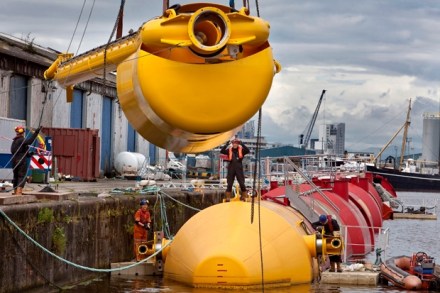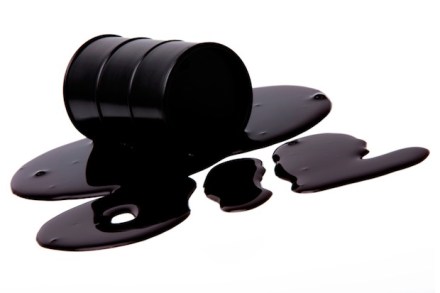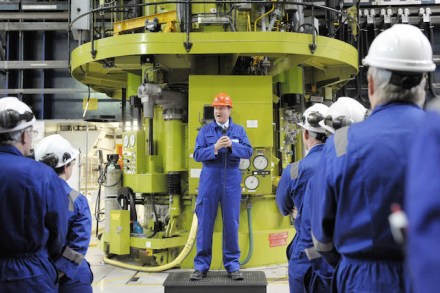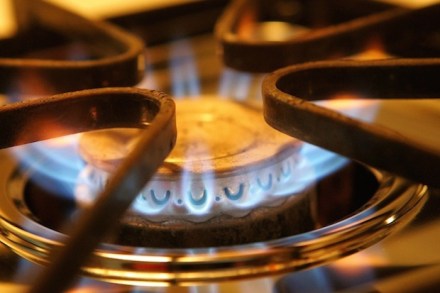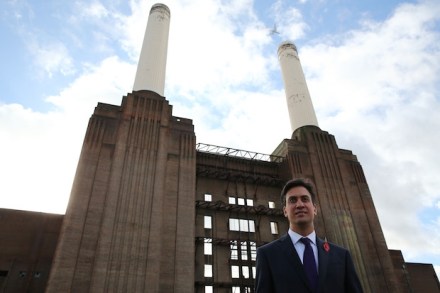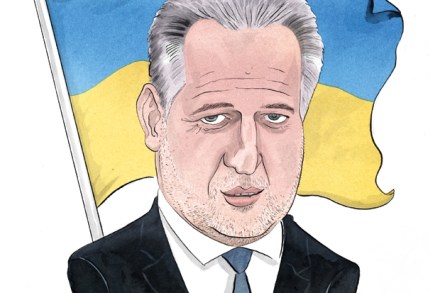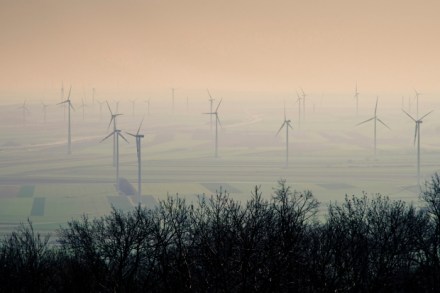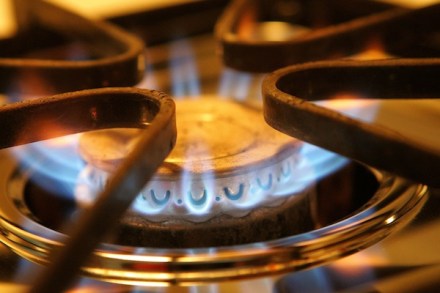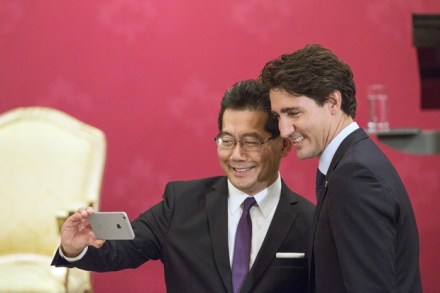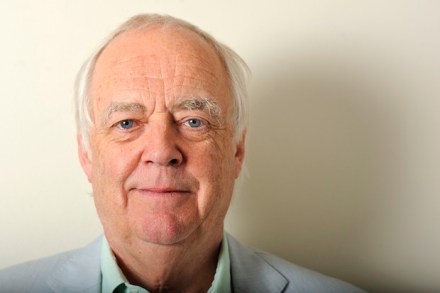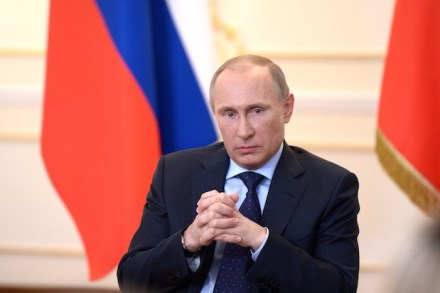Wave power is a really, really stupid idea. That’s why it’s getting so much taxpayer subsidy
The surface of the sea is a hostile and unforgiving place. Although it covers 71 per cent of the planet, nothing much bigger than a speck lives there. Obviously, lots of slimy and scaly things swim around beneath the surface — but on the very top, pretty much zilch. Mother Nature has found niches for life in the desert, the Arctic and deep underground but, after 4.5 billion years of trying, she is passing on the surface of the sea, thanks all the same. Now you would think that this very long experiment in trying to evolve life in a hostile environment would act as some kind of hint to
